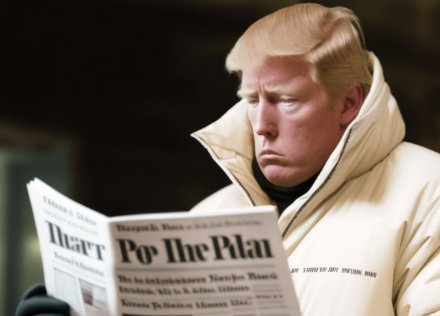$SPY $DXY $USO
#AmericaFirst #EconomicPolicy #GlobalTrade #USPolitics #TrumpAdministration #ForeignRelations #TradeWars #EconomicGrowth #Nationalism #InternationalIsolation #MarketImpact #GlobalLeadership
An “America First” policy, introduced and championed by the Trump administration, aims to prioritize American industries, workers, and overall economic interests above those of other countries. The principle, emblematic of a broader nationalist movement, suggests that by focusing inward on America’s economy and tightening its borders against what are seen as unfair trade practices and immigration, the U.S. could rejuvenate its domestic industries and maintain its global economic leadership. However, this approach has sparked a significant debate regarding its long-term implications for the United States’ position in the global market.
Critics argue that while the intent behind “America First” may be to secure economic prosperity and protect American jobs, it ironically risks isolating the U.S. from the evolving global economy. In today’s interconnected world, where trade and cooperation with other nations are often key to technological advancement and economic growth, a unilateral shift towards protectionism and isolationism could potentially leave the United States trailing behind. Other countries, undeterred by the American stance, could form new alliances and trade agreements that exclude the U.S., thereby eroding its influence and standing in global affairs.
The impact of such policies is not just diplomatic but deeply economic. For instance, imposing tariffs and engaging in trade wars could hurt American businesses and consumers alike by raising the cost of imports and sparking retaliatory measures from other nations. Moreover, by pulling back from international agreements and organizations, the U.S. forfeits its ability to shape global economic rules and standards, leaving a vacuum that could be filled by other nations, notably China. This shift not only concerns the geopolitical balance but also impacts the global financial markets, affecting everything from currency exchange rates (the dollar’s dominance may be challenged) to commodity prices and international investments.
In conclusion, the “America First” policy, though aimed at bolstering the U.S. economy, presents a paradoxical risk of sidelining the country on the world stage. As global dynamics evolve, the approach of looking inward might result in missed opportunities for growth and leadership in emerging industries and markets. The future of America’s global economic leadership may well depend on finding a balance between protecting domestic interests and engaging constructively with the international community to foster trade, innovation, and cooperation. As the world becomes ever more interconnected, the strategies that once defined national success may need to be reimagined to ensure that the U.S. does not find itself playing a catch-up game in the global economy.







Comments are closed.